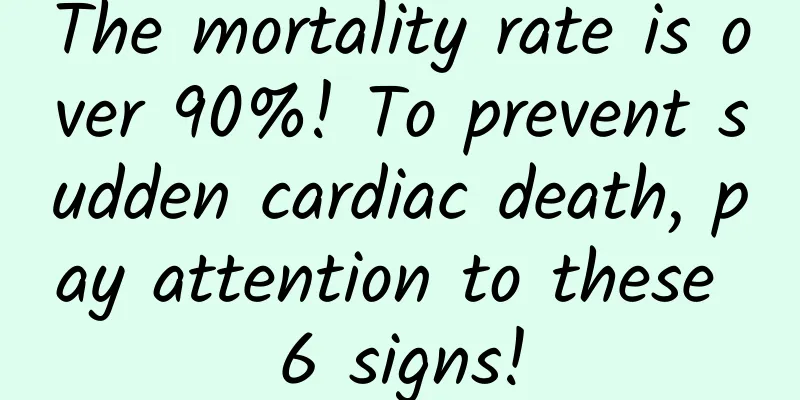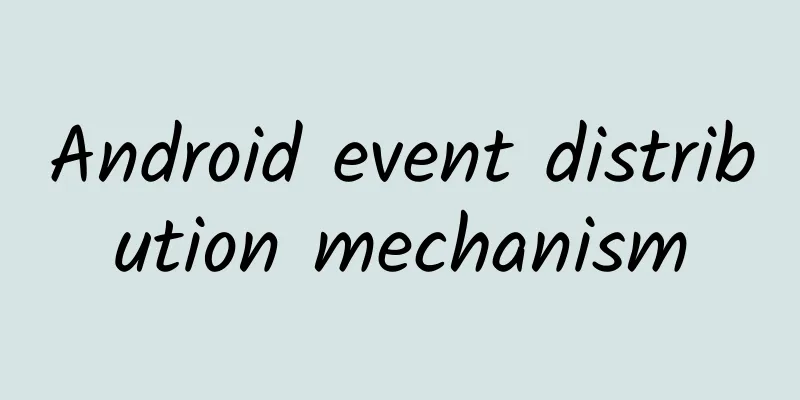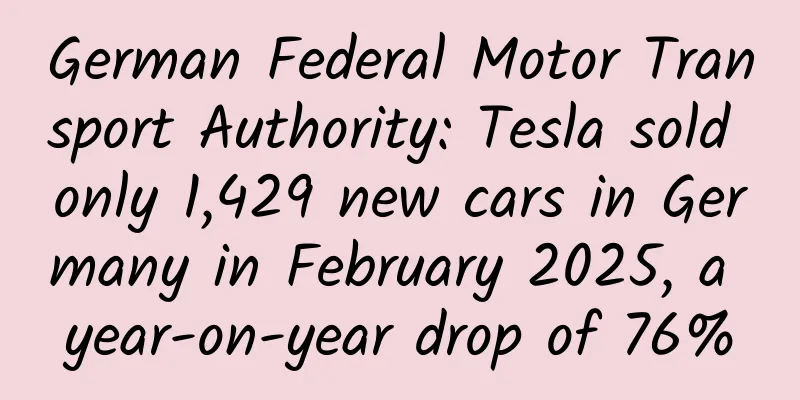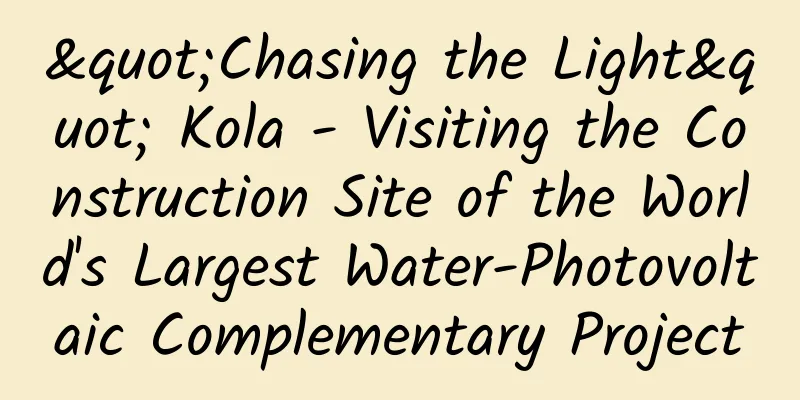The mortality rate is over 90%! To prevent sudden cardiac death, pay attention to these 6 signs!

|
When the "lifeline" on the Holter monitor suddenly turns straight, it means that the patient is in danger of death. The heart suddenly stops beating or loses its ability to effectively pump blood, usually leading to loss of consciousness and systemic organ failure. If no immediate and appropriate medical intervention is given, it usually leads to death within a few minutes, and the mortality rate is over 90% . This is what we often call sudden cardiac death . Copyright images in the gallery. Reprinting and using them may lead to copyright disputes. So, is it possible to predict impending cardiac arrest and avoid sudden death through warning symptoms? This issue has received increasing attention over the past decade. In the past, a Japanese study reported collecting symptom information from 1,042 people and found that among the 644 people who had any aura symptoms, the three most common symptoms were shortness of breath (28%), chest pain (21%), and syncope (13%). A recent study in The Lancet Digital Health also revealed some signs before cardiac arrest. About half of cardiac arrest patients will experience some symptoms hours, days or weeks before cardiac arrest. These "signs" can be used to predict and prevent cardiac arrest, thereby reducing morbidity and mortality. Copyright images in the gallery. Reprinting and using them may lead to copyright disputes. The researchers found 848 subjects aged 18 to 85 from California, USA, between February 2015 and January 2021, all of whom had experienced symptoms of cardiac arrest. Earlier studies have found that patients with cardiac arrest are more likely to experience chest pain, dyspnea, dizziness, palpitations, syncope, etc., but early studies were limited by the lack of a control group. The researchers also found 1,171 patients as a control group. The study found significant differences in the frequency and pattern of symptoms between the sexes. For women, the most obvious sign of impending cardiac arrest was shortness of breath, while men were more likely to experience chest pain, difficulty breathing, sweating and seizures. The study also showed that people who call emergency medical help immediately if they experience the corresponding symptoms and before they collapse have a survival rate of more than five times higher in cardiac arrest. Well, based on this study, here is a summary of the possible signs before cardiac arrest. If you are already a high-risk group or already have cardiovascular disease, you should pay more attention to these 6 symptoms: 1. Difficulty breathing 2. Chest pain 3. Fainting 4. Dizziness 5. Palpitations 6. Sweating (especially for men) So, how do we protect our heart in our daily lives? Here are three types of suggestions: 1. Change your lifestyle Eat a healthy diet: A diet high in fiber, low in fat, and low in salt can help reduce the risk of heart disease. Exercise regularly: Doing proper physical exercise according to your physical condition can improve your heart health. Quit smoking and limit alcohol: Avoid smoking and excessive drinking, both of which have been linked to heart problems. Weight management: Being overweight or obese increases your risk of heart disease, so you should strive to maintain a healthy weight. Copyright images in the gallery. Reprinting and using them may lead to copyright disputes. 2Regular examination and drug treatment Blood pressure monitoring: High blood pressure is a significant risk factor for heart disease and should be checked regularly. Lipid test: High cholesterol is also a risk factor that can be controlled with medication and diet. Blood sugar checks: High blood sugar levels are also associated with heart disease risk, so they should also be checked regularly. Medication: For people who have been diagnosed with heart disease, take medication as prescribed by your doctor. Copyright images in the gallery. Reprinting and using them may lead to copyright disputes. 3Other preventive measures Learn first aid measures: Learn how to use cardiopulmonary resuscitation (CPR) and an automated external defibrillator (AED) so that you can provide timely assistance in an emergency. Emotional management: Excessive stress and tension may also trigger heart problems, and learning stress management and relaxation techniques can also be beneficial. Of course, heart function can also be monitored through smart wearable devices, such as smart watches, using physiological measurement data from biometric sensors. References [1] Reinier, Kyndaron, et al. "Warning symptoms associated with imminent sudden cardiac arrest: a population-based case-control study with external validation." The Lancet Digital Health (2023). [2] Nishiyama, Chika, et al. "Prodromal symptoms of out-of-hospital cardiac arrests: a report from a large-scale population-based cohort study." Resuscitation 84.5 (2013): 558-563. [3] Tsao, Connie W., et al. "Heart disease and stroke statistics—2022 update: a report from the American Heart Association." Circulation 145.8 (2022): e153-e639. Planning and production Author: Denovo Popular Science Creator Reviewer: Tang Qin, Director and Researcher of the Science Popularization Department of the Chinese Medical Association Planning丨Ding Zong Editor: Ding Zheng and Cui Yinghao |
<<: How are you targeted by ads?
>>: There is more space junk to clean up, what should we do?
Recommend
WeChat iOS version has been significantly updated: a new "group chat folding" feature has been added, and the forwarding and WeChat phone interface have also changed.
[[425948]] September 27 news: The iOS version of ...
90% of people don’t know about these five useful functions of WeChat: The last one is too convenient
Before we knew it, February 2022 is already WeCha...
The fission gameplay of Weibo traffic diversion!
I have been in the Internet circle for 6 years an...
Bidding promotion: 6 secrets to high conversion!
A few days ago, someone chatted with me and said:...
Sorry, blue is beautiful, but I refuse blue food...
Why do blue foods make people lose their appetite...
Getting Swiss watches into trouble: Did Apple pick the wrong target?
As Apple's new product launch on September 9 ...
Foxconn is no longer so obedient: Is it becoming a hidden danger for Apple?
Japanese media reported a few days ago that Sharp...
Artificial Intelligence: Driving China's Economic Growth (Chinese version)
The report, titled "Artificial Intelligence:...
Didi gets another $500 million in financing, and the cooperation with Booking Holdings is more meaningful
On July 17, Didi announced a strategic partnershi...
How to monetize community operations? 8 major community monetization models!
Many people engage in community operations with t...
Will the QR codes we scan every day be used up one day?
An Jiaran “Please scan the QR code”, do you often...
10 Best JavaScript Development Practices You Need to Know
Many extended features of Javascript make it more...
Multiple reversals! The issue of room temperature superconductivity in South Korea is getting more and more "exciting"...
In the past two weeks, people, whether they under...
A collection of three seasons of the web drama "College Students Living Together"
The play is based on one of the controversial topi...
Why SwiftUI’s modifier order matters
[[414805]] This article is reprinted from the WeC...
![[Fat Bear Science] Is chemotherapy ineffective? Is it the devil? Experts say: If you believe this, you will be infected...](/upload/images/67f265950c425.webp)








